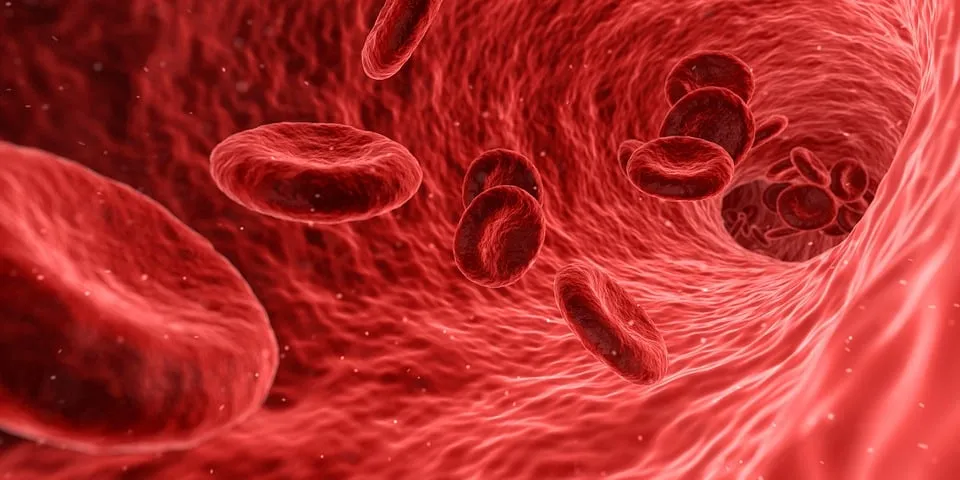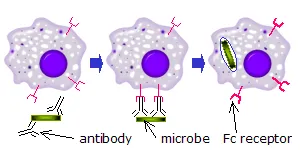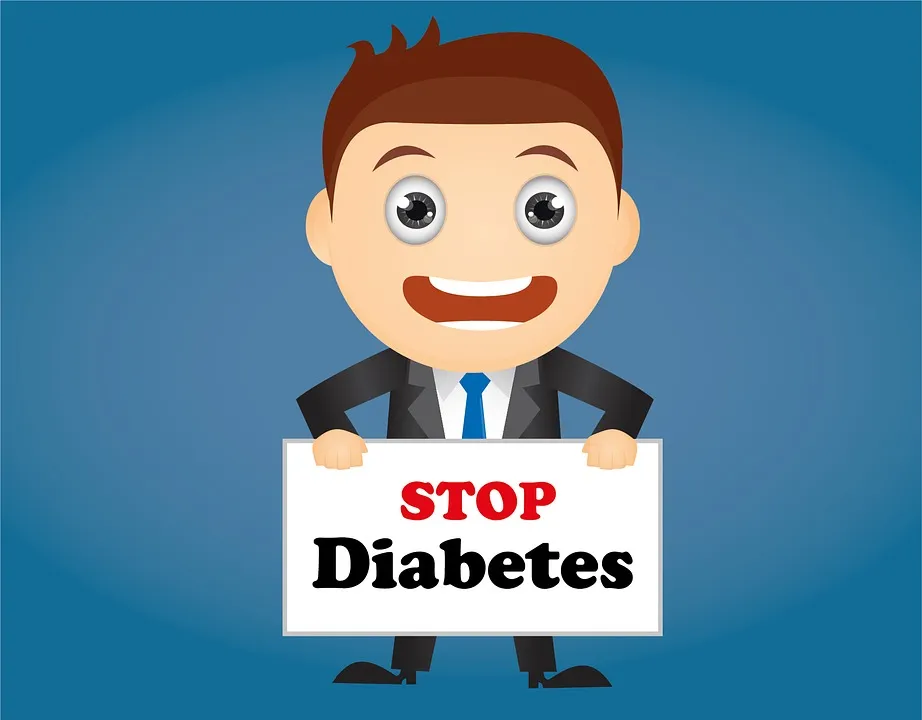We are surrounded by pathogens, we even host billions of bacteria, yet instead of living in constant sickness, most of us can conduct normal lives. This is because of our immune system. Our body developed several ways to defend itself from pathogens.

Common sense dictates that the best thing to do is to prevent pathogens to enter our body, that’s why we have physical barriers like the skin or the mucus in our airway that can trap bacteria and viruses. Our first line of defense against pathogens is called innate immunity. With this term we comprise all the cell types that are equipped with the tools to find and destroy common pathogens.
Although we are born with an already impressive capacity to recognize and fight pathogens, our immune system also “learns” to recognize specific pathogens and generate memory cells that can enable us to have a long-term protection in case we encounter the pathogens later-on in life. This is called adaptive immunity. Our immune system is very complex and as in most complex things, there are so called “laws” involved. Willam E. Paul is the guy that discovered interleukin-4 and before his death in 2015, he managed to write a book/manuscript that was then published. In there, he discusses what he thinks are the 3 main principles or laws that rule immunology.

Image in the public domain, Source
The first, is the law of universality that states that our immune system can identify an almost unlimited number of antigens. So antigens are substances foreign to the body that can trigger an immune response. We can have almost an unlimited number of antigens because even when proteins interact with chemicals they can form different antigens, and thus be recognized by our immune system. What is amazing in all this is that despite the ability to recognize so many antigens, our immune system still maintains a high degree of specificity and does not attack our own cells and tissues (if we are healthy). This leads us to the second law which is tolerance. Basically, our system has some regulatory T cells that can deter other T cells from attacking our own body. However, this system is far from perfect and when it fails we can suffer from autoimmune diseases that can have serious consequences.
An example is type I diabetes where our immune system starts targeting cells from the pancreas that produce insulin. Having your own immune system attacking your own cells is a horrible disease to have because to fight it you have to basically weaken your own defenses.

The third and last law is the law of appropriateness that states that our immune system is capable of mounting an appropriate response depending on the type of pathogen. Key cells in mounting appropriate responses are the dendritic cells. These cells control the activation of T cells ensuring an appropriate response. For example, if dendritic cells find antigens from the flu virus in the body they are able to find the and activate the appropriate T cells that are best equipped to deal with the threat.
Another amazing thing is that we learned to harness our own immune system to boost our own defenses. For example, when we use vaccines we prepare our immune system to deal with certain pathogens. After the addition of chlorine in our drinking water, the invention of vaccines is probably one of the reasons why today we can have billions of people living on our planet without suffering continuous plagues. In 1796 Edward Jenner noticed that milkmaids that previously suffered from cowpox did not catch later smallpox, this lead to the smallpox vaccine saving millions of lives.
But vaccines can do more than just help us fight bacteria or viruses, a study conducted in Taiwan found that patients that received vaccine for hepatitis B were less likely to suffer from liver cancer. This highlights that our immune system is probably our closest ally in fighting cancer.
Unfortunately, immune therapies and blood therapies in general, still need serious improvements, especially in terms of safety. Just recently in China they may have found traces of H.I.V. in 12,000 blood plasma products that luckily have been withdrawn from the clinic but these are costly mistakes to make.
References:
- https://www.ncbi.nlm.nih.gov/pubmed/21253790
- https://www.ncbi.nlm.nih.gov/pmc/articles/PMC4806974/
-https://www.nytimes.com/2019/02/06/world/asia/china-blood-plasma-treatment.html
- https://www.ncbi.nlm.nih.gov/books/NBK21070/
-https://www.niddk.nih.gov/health-information/diabetes/overview/symptoms-causes
- https://en.wikipedia.org/wiki/Smallpox_vaccine